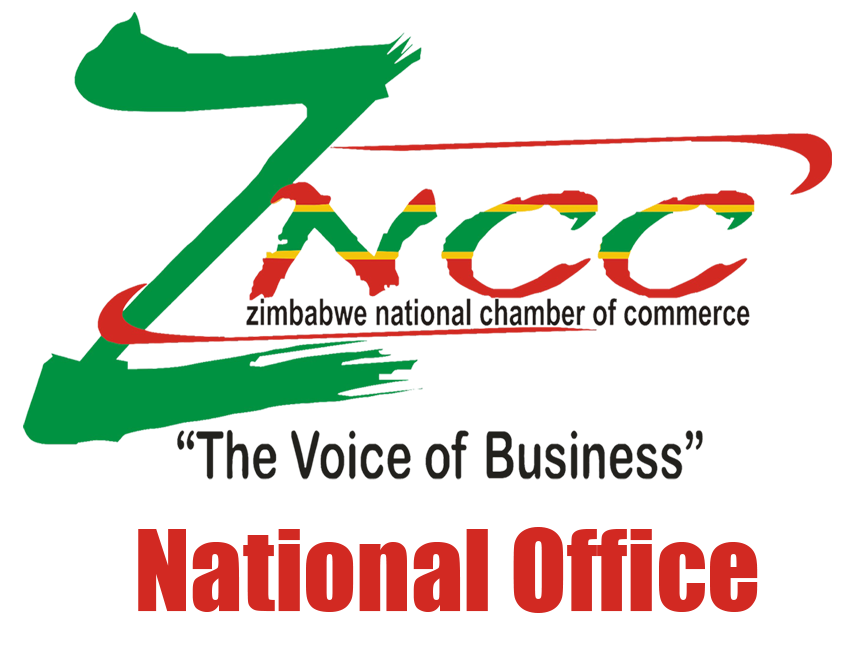Harare – The Zimbabwe National Chamber of Commerce (ZNCC) has exposed the lie in claims that the illegal sanctions on Zimbabwe are “targeted”, pointing out that the embargo has resulted in businesses failing to access offshore loans at concessionary rates.
Businesses in other countries routinely access such cheap financing to drive their own corporate growth and contribute to national economies.
In the case of Zimbabwe, the ZNCC says the country has lost billions of dollars because of the sanctions that the West imposed after the country embarked on a Land Reform Programme that has seen more than 300,000 black families benefit from land previously held by just 6,000 white farmers.
ZNCC vice-president Mr Godwin Muoni called for an end to the embargo ASAP so as to allow the government to proceed with its economic transformation agenda unencumbered.
Mr Muoni said, “Sanctions have done a lot of damage to the economy and lives of the ordinary Zimbabweans, and they must be removed like yesterday. The embargo was put for a certain purpose and the purpose is for the country not to progress economically and that has affected the entire economy, including the manufacturing sector. As a result of sanctions, local businesses are not able to access cheap money offshore and foreign direct investment has been slow.”
With regards to machinery and retooling, Mr Muoni said, “What has happened is that at independence we inherited a lot of old machinery in companies such as Dunlop, which is supposed to be supplying every tyre in this country.
“Now, because of sanctions, that company cannot attract fresh capital to replace the old plant that is there because that company is not working and so are other strategic firms like Zisco. How much money are we as a country losing importing from as far as Japan or India?”
The ZNCC vice-president added that the money that Zimbabwean businesses could access under sanctions was expensive because financiers and investors perceived the country as a high-risk investment destination.
The net effect was to make Zimbabwean businesses uncompetitive, which results in higher prices for domestically produced goods and services.
He said, “For example, our banks cannot give us cheap money because they are also not accessing cheap money on the international market. Zimbabwe is perceived a risky destination for investment, so whoever is giving money to Zimbabwe will put a very high premium and this is affecting the economy heavily.”
Mr Muoni said the illegal embargo – imposed outside of the United Nations system – had hit SMEs very hard as well, explaining: “Sanctions are real and have also affected SMEs’ growth because there is no research and development because such initiatives have to be funded by international financiers such as the and World Bank.”
Mr Muoni pointed out that some investors had turned their backs on Zimbabwe because they risked also being placed under sanctions for daring to do business with the country.
“And if not put on sanctions list, there is no certainty that as an investor, your return on investment will be recouped and after how long?” asked rhetorically.





